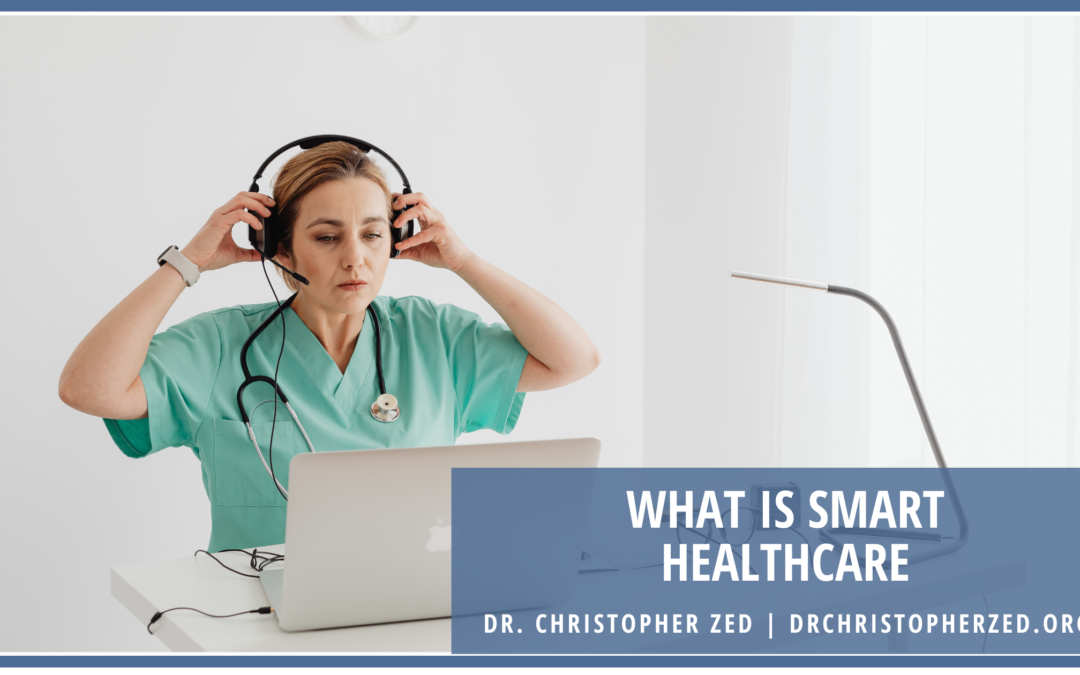Technology has become a vital part of people’s lives, influencing areas such as employment and healthcare. Over the years, stakeholders in the healthcare system have experimented with different technologies, recognizing the benefits of leveraging tech in providing quality healthcare services, referred to as smart healthcare.
Smart Healthcare is defined as a health service system that uses technology in the form of IoT, wearable devices, and mobile internet to access information, materials, connect people and institutions related to healthcare. It refers to integrating a patient and healthcare provider on a common platform to facilitate health monitoring and the analysis of day-to-day human activities.
A smart healthcare system is built on two fundamental principles, eHealth and mHealth services. These involve electronic record management, intelligent and connected medical devices, and smart home services.
eHealth
eHealth is defined as the use of information and communication technology in healthcare. This concept covers conducting research, educating the health workforce, and providing treatment. It is also applied in tracking diseases and monitoring public health. eHealth is a key part of smart healthcare as it improves access to quality care by increasing efficiency in the healthcare sector.
mHealth
The term mHealth is a bit straightforward since it is an abbreviation of mobile health. It is a key concept under smart health and is closely associated with eHealth. mHealth refers to public health and medical services supported by medical devices such as patient monitoring services, personal digital assistants, and mobile phones. Mobile devices can be applied in the health industry to support patients and improve healthcare provision.
Mobile devices are not only used to make calls and send text messages; they are fitted with complex features such as general packet radio services, Bluetooth technology, and GPS. These features are used to keep track of the patient’s whereabouts and relay important information concerning the patient’s health to their healthcare provider.
Ambient Assisted Living
Ambient Assisted Living, AAL, is a relatively new concept in smart health. This concept was developed as a response to an increase in life expectancy, which has caused an increasingly aging society. AAL is designed to cater to the health needs of older adults living independently. This approach involves fitting technology into people’s environment, especially senior citizens, to monitor and support them. These technologies vary from automatic kitchen appliances to automatic medical notifications in emergencies.

